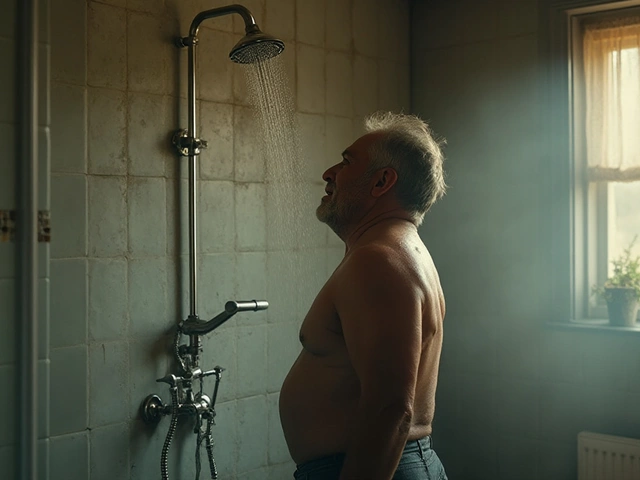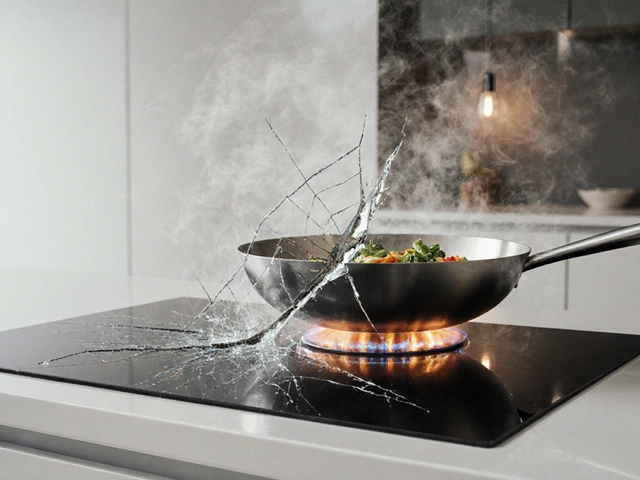Appliance Repair Tips You Can Use Today
If a kitchen or laundry gadget stops working, your first thought is probably to call a repair service. But many problems can be tackled at home with a few tools and common sense. Below are straightforward tips that cover the most common appliances you’ll find in a Rugby household.
Quick Fixes for Everyday Issues
Oven not heating – Check the heating element for visible burns or breaks. If it looks okay, make sure the thermostat is set correctly and the door seal isn’t loose. A simple reset (turn the oven off, wait a minute, then turn it back on) can clear electronic glitches.
Fridge runs too warm – Start by cleaning the condenser coils at the back; dust blocks heat exchange and forces the compressor to work harder. Also, verify the temperature dial is set to the recommended 3–5°C. If the freezer is frosting heavily, the defrost timer might be stuck.
Washing machine won’t spin – Look for an unbalanced load; too few or too many items can trigger the anti‑vibration system. Remove the load, redistribute clothes, and try again. If the drum still won’t turn, the lid switch or motor coupler may need replacement.
Extractor fan humming but not moving air – Dust on the fan blades is the usual culprit. Turn off the power, remove the cover, and clean the blades with a soft brush. While you’re there, check the motor housing for loose wires.
Heat pump blowing cold air – Make sure the outdoor unit isn’t blocked by debris or snow. Clean the filter and reset the thermostat. If the problem persists, there could be a refrigerant issue that requires a professional.
When to Call a Pro
DIY fixes are great, but some situations are best left to trained technicians. If you notice any of the following, call Rugby Appliance Repair Services right away:
- Electrical sparks, burnt smells, or repeated tripping of the circuit breaker.
- Water leaks from a boiler, water heater, or dishwasher that won’t shut off.
- Repeated breakdowns after a recent repair – the root cause may be deeper.
- Gas appliances that won’t ignite or make a hissing sound.
- Any repair that requires soldering, gas line work, or complex disassembly.
Our technicians are local, same‑day service is often possible, and we work with most major brands. A quick call can save you the hassle of a full replacement.
Keeping appliances in good shape also means regular maintenance. Schedule a seasonal check‑up for your boiler before winter, clean your oven’s interior after heavy use, and run a hot water cycle on your dishwasher every month. Small habits add up to big savings.
Remember, the goal isn’t just to fix a broken part; it’s to extend the life of the whole device. If you follow these tips and know when to bring in the pros, you’ll spend less on emergency calls and enjoy a smoother-running home.






